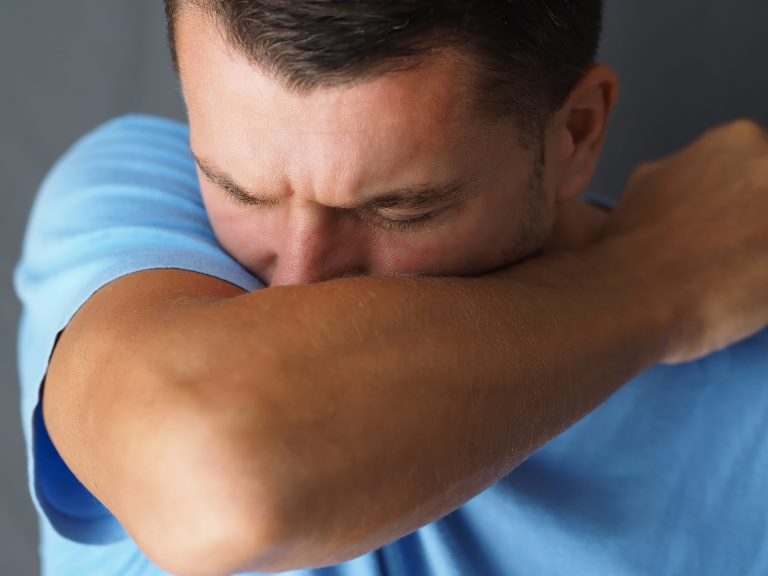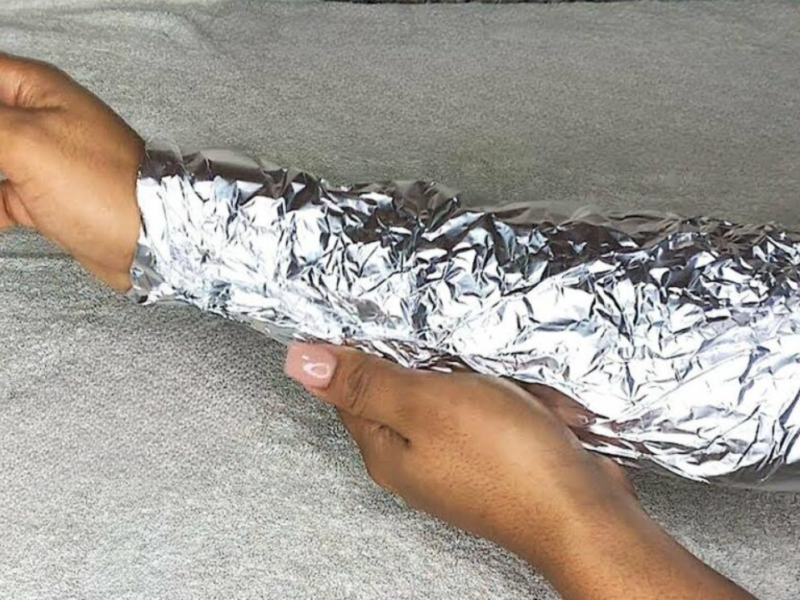Are you on public transport, at work or in an important meeting and you just feel like sneezing, but you hold back? Doctors warn that you should never do this, as it is not without risks. When we sneeze, the body experiences a sudden increase in pressure in the sinuses, nasal cavity and throat. Withholding the respiratory reflex causes this pressure to increase further, putting the blood vessels at risk.
According to Dr. Stuart Sanders, a sneeze can be so powerful that it can cause a brain aneurysm to burst.
“An aneurysm can burst if arterial blood pressure rises, causing bleeding that damages the brain,” the doctor explained, disclosing three reasons why sneezing is hazardous:
“First, holding a sneeze can cause a sudden rise in blood pressure, which can have serious consequences.” Second, holding a sneeze raises the air pressure at the back of the nose, which increases the likelihood of mucus and infection entering the middle ear. “It can cause acute deafness, infection, or even rupture of the eardrum in extreme cases,” the doctor explained.
Find out more about: Get Energized In The Morning: Here’s What You Should Eat For Breakfast
Dr. Sanders mentioned the potential of acute sinusitis as a third factor. This is possible if the increased pressure forces the infection into the sinuses. Doctors recall the example of a healthy 34-year-old British man who felt a soreness in his throat and started sneezing. He covered his mouth and nose to try to stop the sneeze. He’d lost his voice by the time he arrived to the doctor.
Doctors who examined him reported hearing crushing sounds from his neck to his chest. The force of the “reverse” sneeze pierced the man’s pharynx, the portion of his throat below his mouth and nose in front of his oesophagus and larynx, according to a later examination and recording. He was admitted to the hospital and given an infusion, and he recovered after seven days.
After reading this text you can also read about: Pay Attention: One Of The First Signs Of High Cholesterol Often Occurs At Night



